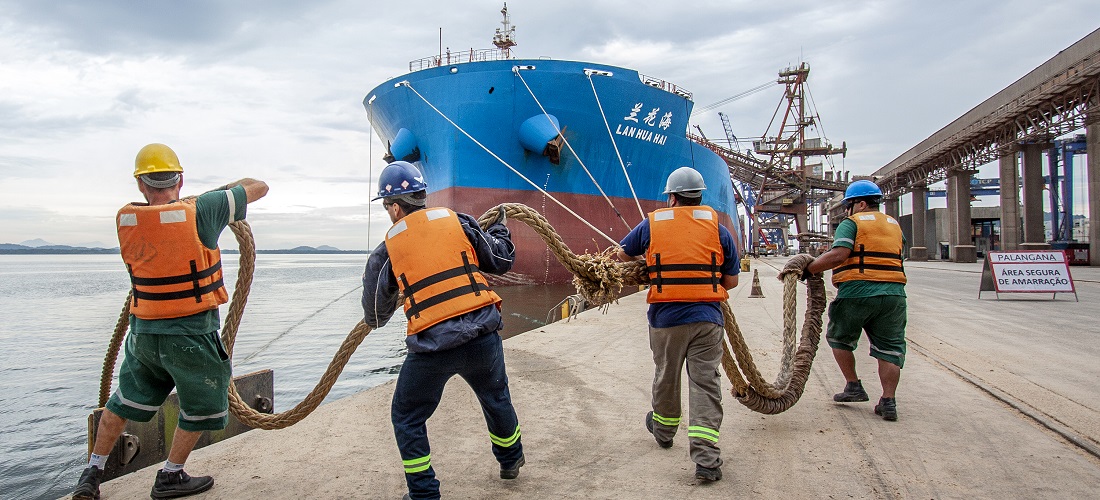
Three-Year Study Exposes Gaps in Work/Rest Compliance at Sea
Dec, 13, 2024 Posted by Denise VileraWeek 202446
A three-year exhaustive study has shown that the structures supporting the implementation of work/rest regulations at sea are being broken, with nearly two-thirds of seafarers adjusting their work/rest records.
Under the Maritime Labour Convention 2006 (MLC), a seafarer has the right to regulated work and rest. A three-year exhaustive study has revealed that the structures supporting the implementation of work/rest regulations at sea are breaking down, with nearly two-thirds of seafarers adjusting their work/rest records. Under the Maritime Labour Convention 2006 (MLC), a seafarer has the right to regulated work and rest hours. Hours of work are defined as either maximum or minimum hours of rest. The maximum work hours must not exceed 14 hours in any 24 hours and 72 hours in any seven days. The minimum hours of rest must be at least 10 hours in any 24 hours and 77 hours in any seven days.
A record of a seafarer’s daily hours of rest or work must be kept onboard in the ship’s working language and English, signed by the seafarer and the master or other authorized person, with a copy provided to the seafarer. In his PhD dissertation for the World Maritime University, funded through support from the ITF Seafarers’ Trust, Bikram Bhatia surveyed 6,304 seafarers, interviewed 55 port state control (PSC) officers, and analyzed data from 16,551 PSC inspections. The research findings include that 64.3% of seafarers adjusted their work/rest records, while PSC officers needed help to detect non-compliance.
More concerning is the coercion from shore-based management. 66.7% of respondents had their reports questioned by their company, 60.1% felt compelled to adjust their reports, and 49.1% were explicitly instructed to do so. The high compliance rates reported by PSC inspections mask the reality of seafarers’ non-compliance, creating what Bhatia describes as a “false narrative at policy levels.”
Reconciling wellness with excessive demands seems implausible, suggested Steven Jones, founder of the Seafarers Happiness Index, in a recent article for Splash. “Crews face overwhelming demands while grappling with chronic underreporting of work hours and the threat of punishment for infractions,” Jones argued, adding: “Seafarers face a difficult choice: being honest about overwork can lead to punishment, while dishonesty may allow them to escape consequences, this creates a troubling lack of incentive for proper, effective, open, and transparent recording of work hours.”
Souce: Splash 247
-
Ports and Terminals
Nov, 16, 2021
0
Resistance grows against port privatizations
-
Ports and Terminals
Sep, 30, 2019
0
Santos Brasil launches application for reading container seals
-
Other Cargo
Jul, 11, 2023
0
Chile and Argentina register plunging wine exports in 2022
-
Ports and Terminals
Aug, 09, 2023
0
Construction of COFCO’s new solid bulk terminal commences at Port of Santos



